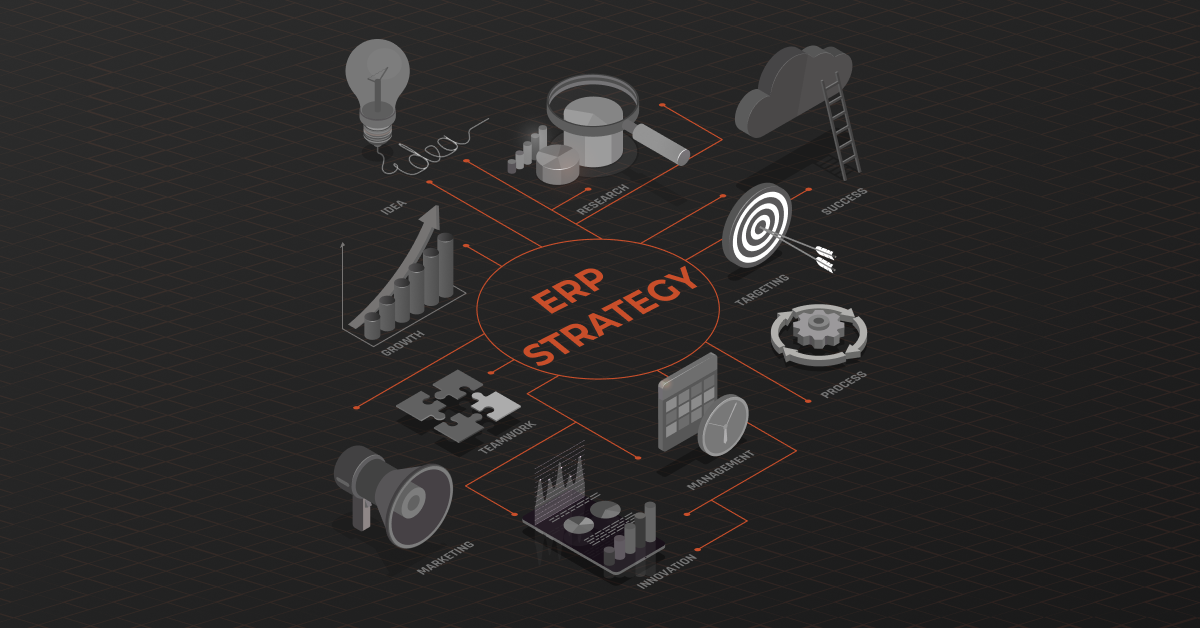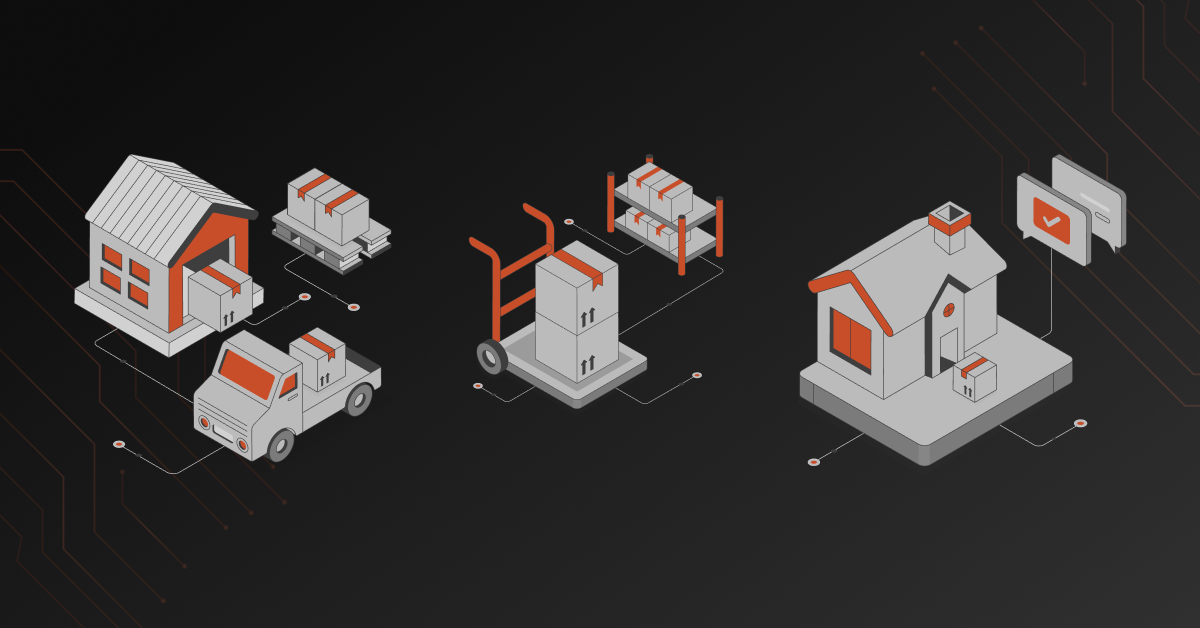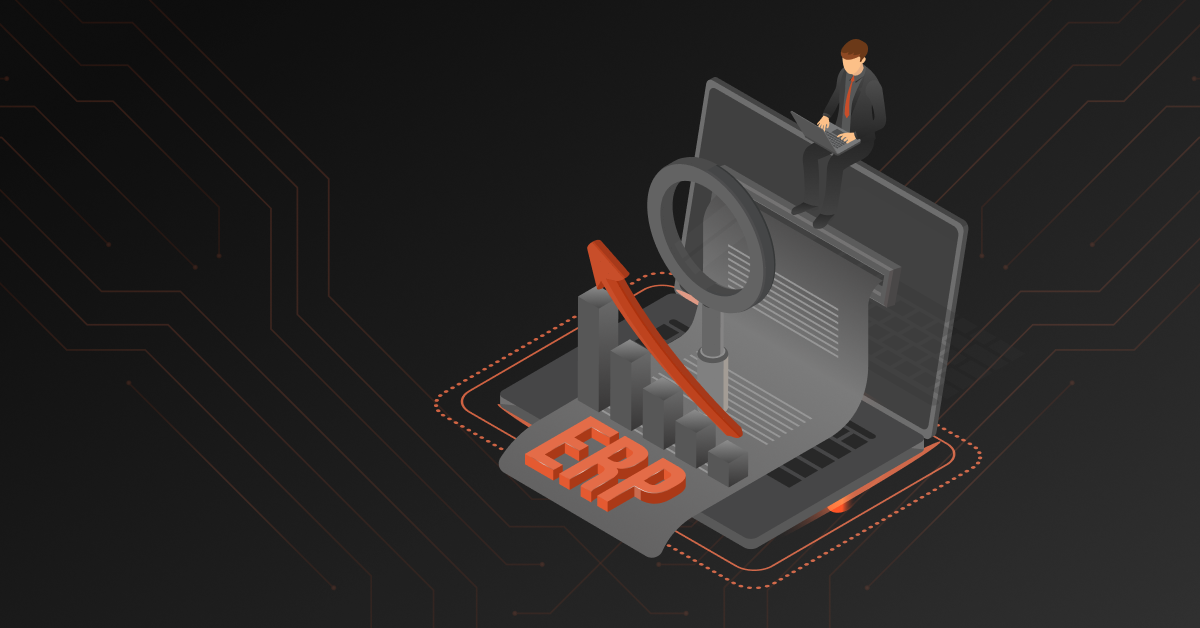Struggling with repetitive tasks and manual processes makes achieving business goals harder. It can weaken your competitive edge.
To address this, consider connecting your Magento store with Salesforce. This integration automates time-consuming tasks, allowing your team to focus more on strategic initiatives.
Let’s find out how to proceed with Magento Salesforce Integration.
Magento Salesforce Integration Methods
Here are some common ways through which both systems can be integrated:
Built-in Integrations
When you use products and services from the same provider, integration can happen automatically. This is very convenient. However, most merchants use a variety of software from different providers. Fortunately, most CRMs and ecommerce platforms, including Salesforce and Magento, come with built-in integrations for popular systems.
Third-Party/Out-of-the-Box
Apart from the above, you can also explore Salesforce AppExchange and Adobe Commerce Marketplace for a third-party integration connector or app. However, if you have any specific customization requirement, you may be required to pay for it and utilize the service or support of another team to implement those customizations.
Application Programming Interface (API)
APIs are key endpoints in your Salesforce CRM and Magento platform that dictate how two applications can communicate and share data. They can enable seamless real-time data exchange between these two applications. The built-in integrations we discussed earlier utilize these APIs to connect different apps.
With development experience or a skilled IT team, you can directly use APIs to create customized integrations between your CRM and online store. This approach is particularly beneficial if you have unique business requirements. It also provides the flexibility to tailor your systems to your specific needs for efficient and cohesive operations.
Custom Codes
You can work with software developers to create custom code, enabling communication between different systems. However, this approach can become complex and difficult to manage.
APIs are designed to support standardized and reusable integrations, custom codes, on the other hand, need frequent updates to remain compatible with changes and updates in the systems. That is why unless you have very specific and complex requirements, other integration methods are preferred.
Middleware or iPaaS
Integration Platform as a Service (iPaaS) offers comprehensive integration capabilities. It’s a cloud-based integration method that lets apps including Salesforce CRM and Magento sync quickly and easily without the need for any coding. With many options in the market, it
Also read: Microsoft Dynamics Magento Integration Explained
DCKAP Integrator: The Right Magento Salesforce Integration Solution for Distributors
DCKAP Integrator is an enterprise integration tool that connects and synchronizes data across various platforms. The preferred choice of distributors, this cloud-native iPaaS enables real-time synchronization of data sources—eCommerce, CRM, ERP (enterprise resource planning) software EDI (electronic data interchange), and other marketing tools. This makes DCKAP Integrator an effective and robust tool for automated workflow and multi-platform integration.
Here’s how DCKAP Integrator simplifies Magento Salesforce integration.
- Automatic bidirectional data transfers: DCKAP Integrator helps sync data in real-time across all your systems with automatic bidirectional data transfers.
- Single source of truth for sales and customer data: It helps eliminate data silos and ensure a single source of truth for all customer insights in your organization.
- Custom integrations: You can create custom integrations with ease using DCKAP Integrator’s flexible flow designers and pre-built connectors as per your business needs.
- Hybrid connectivity: You can seamlessly integrate your applications or systems, whether on-premises, cloud, embedded, or hybrid.
- Pre-built connectors: With DCKAP’s pre-built connectors, you can integrate Magento eCommerce platform and Salesforce CRM without the need for manual coding.
- Intuitive user interface: The user interface is simple and easy to use for business users. You can utilize drag-and-drop features to customize or modify integration seamlessly and easily.
- Transaction security: DCKAP Integrator ensures customer transactions and data are encrypted and secure.
- Intuitive data logging: DCKAP Integrator logs and synchronizes customer data, including interactions, purchases, and order data, improving lead tracking, lead generation, and conversion.
To explore more about DCKAP Integrator, click here.
Also read: Shopify Salesforce Integration Explained
Benefits of Magento Salesforce Integration
By integrating Salesforce CRM into your Magento ecommerce site, you can gather data on all customer interactions across your website and social media channels. This enables you to automatically send personalized offers, access the latest customer information, and track each customer’s journey through the sales funnel.
With DCKAP Integrator, businesses can realize the following benefits of Magento Salesforce CRM integration.
Improved Promotion and Marketing Efforts
With this integration, Salesforce CRM can run targeted marketing campaigns based on customer behavior. For instance, enroll a customer who bought multiple items recently in a referral program to earn rewards. Similarly, new leads interested in specific products can be sent tailored email campaigns with recommendations. This translates to personalized offers and shortened the sales cycle.
Better Sales Team Performance
An integrated CRM system also captures new leads from your website and social media, enabling the sales team to follow up effectively and manage their sales pipeline more efficiently.
Strengthened Email Marketing
Knowing your customers better allows to share more relevant offers. If a once-loyal customer leaves a lukewarm review, you can reach out with a solution. Or, if a product is popular in summer, you can promote it in spring through targeted email campaigns.
Accelerated Collaboration
Integrated ecommerce CRM systems provide a unified view of customers, fostering collaboration across departments. Marketing teams can seamlessly transfer new leads to sales teams, who can then share forecast data with inventory teams for better stock management. Inventory teams can also share turnover data with marketing to adjust campaigns and inventory levels.
Better Inventory Planning and Forecasting
With a comprehensive view of customer behavior, you will be empowered to make informed inventory decisions. The integrated systems can combine sales forecasts with inventory data to predict future needs based on historical trends, current orders, and future sales expectations.
Enhanced Customer Experience
You can easily engage with customers through their preferred channels (email, phone, SMS, social media) without leaving the Salesforce CRM. All conversations will be stored in one place, allowing you to better predict customer needs and provide better service.
Reduced Losses and Costs
You can track every step of the customer journey to ensure no leads are missed. For example, if a website chat is abandoned, the system can save the contact info for follow-up. It will also enable you to identify pain points, such as low email open rates or high bounce rates on product pages, so you can make improvements.
Also read: BigCommerce Salesforce Integration: Methods, Steps & Benefits
Navigating the Challenges in Magento Salesforce CRM Integration
Integrating two complex systems like Magento and Salesforce requires careful planning and execution as it is easy to get lost in the technical details and configuration.
- Data security and privacy concerns: Store owners need to comply with industry standards and regulations when handling sensitive customer data. This issue requires stringent security measures to prevent breaches and thefts.
- Data mapping: It can be a challenging task to match up data fields and formats between Salesforce and Magento. The data fields in both software should be aligned for seamless integration.
- Vendor support: If your business has gone ahead with third-party integration tools, then it is of great importance that prompt and reliable customer support is available at all times so that in case of emergency or new updates, the system follows a smooth process. DCKAP Integrator offers exceptional technical assistance and customer service through its skilled support team.
- User adoption: Team members may require comprehensive training and overcoming resistance to change. You must develop comprehensive training programs and provide ongoing support and resources to assist employees.
- Ongoing maintenance and real-time updates: It can be resource-intensive to monitor and update integrated systems to adapt to new features and changes in data structures. Therefore, to address this main area of concern, you not only need to work with an experienced and reliable iPaaS vendor but also schedule regular updates and implement monitoring tools to provide real-time insights into system performance.
Final Words
Integrating Magento with Salesforce CRM is a smart move for ecommerce businesses of all sizes. It streamlines operations, enhances customer experiences, and provides valuable real-time insights. However, challenges like data security, synchronization, user adoption, complexity, and ongoing maintenance can arise. By using tools like DCKAP Integrator and following best practices, businesses can overcome these hurdles and fully leverage the benefits of this powerful integration process.
To know more about how you can achieve this, schedule a demo today.
Frequently Asked Questions
What is the difference between an ERP and a CRM?
An ERP system is a relational database used by the finance team to store and analyze financial management and accounting data. In contrast, a CRM system is a relational database used by sales, marketing, and customer service teams to store and analyze customer data. While some ERP systems may include CRM features, standalone CRM systems do not offer the financial and accounting functionalities found in ERP systems.
What Is Magento Salesforce Integration
Salesforce Magento integration means you directly connect your sales channel, Magento marketplace with your Salesforce CRM platform. This integration means customer details and purchase historical data move automatically between the two systems in real-time, eliminating the need for manual data entry and reducing errors.
Do You Need Magento Salesforce Integration?
The short answer is yes. A CRM ecommerce integration lets you use all the customer data from your website, including each visitor’s activity. By combining this data with web, marketing, and sales analytics, you get a complete 360-degree picture of your customer.
Can there be system compatibility issues?
It is necessary to ensure that you have the latest versions of Adobe Commerce and Salesforce that are compatible. Sometimes older versions may not support the required integration features.
Contents




